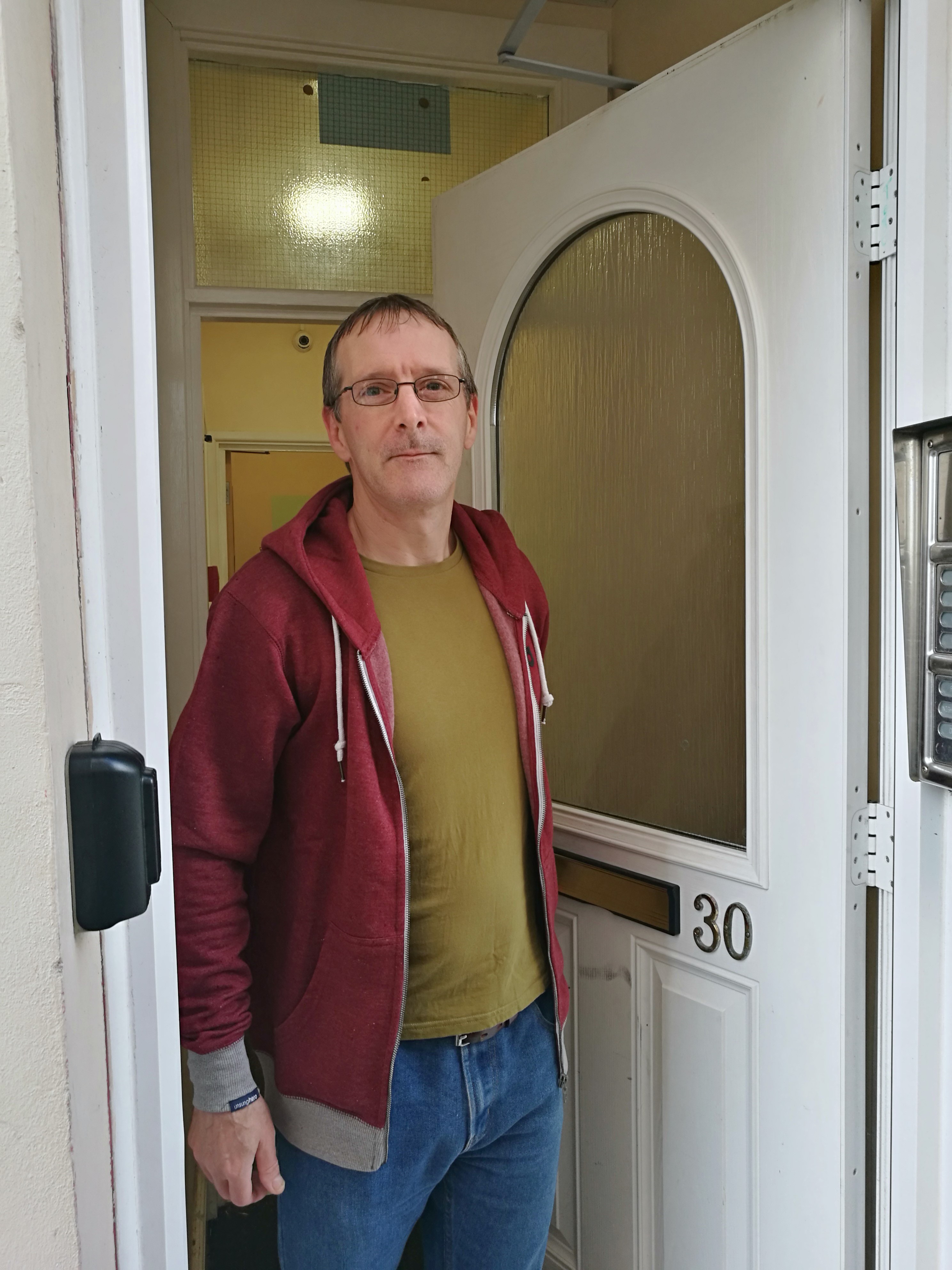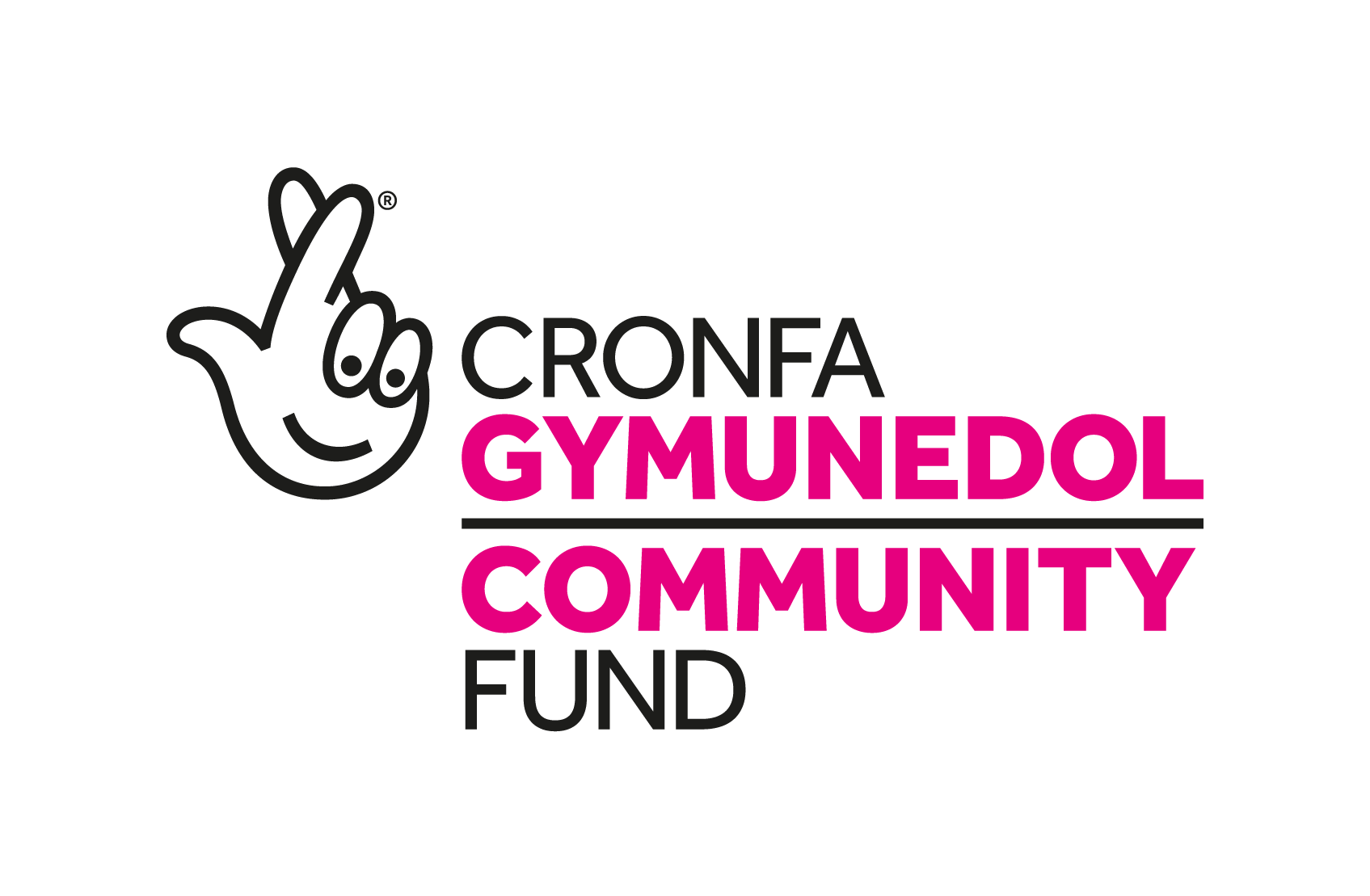
The Helping End Homelessness programme has awarded £49,976 towards an integrated network of support services including housing, health, training and employment initiatives.
The project made up multi-agency teams from the public, third and private sectors across Gwent will develop innovative solutions to complement local authority Phase 2 plans to make homelessness rare, brief and non-recurrent.
The new model aims to develop plans for four key themes across Gwent.
Homelessness services across Gwent have faced numerous challenges exacerbated by the pandemic.

Demand for accommodation services remain high and it is anticipated that additional pressures on both temporary and permanent accommodation will rise due to the number of people experiencing financial difficulty.
Welsh Government 2019-20 figures show that 1,938 households were threatened with homelessness across Gwent during this period.
In addition, intervention and support services remain oversubscribed with a rise in the number of complex cases.
It is therefore vital that all agencies in the area work together to provide better and more efficient services for people across Gwent.
The project is a partnership of 22 organisations, each representing communities who have a housing need.
Organisations and agencies involved include The Wallich, Cyfannol Women’s Aid, St. Giles Trust, Tai Pawb, Kaleidoscope, Newport City Homes, Melin Homes, Bron Afon Community Housing, Tai Calon Community Housing, HMPPS, DWP, Aneurin Bevan University Health Board, Social Services, Blaenau Gwent County Borough Council, Caerphilly County Borough, Monmouthshire County Council, Newport City Council and Torfaen County Borough Council.
“The pandemic has been a huge challenge for people experiencing homelessness, but we have risen to the challenge to keep people safe.
However, with the furlough scheme ending, the economic consequences still to be assessed and a likely increase in evictions due to rent arrears, many more people are at risk of homelessness.
The Wallich are delighted to be working in partnership with like-minded agencies and local authorities to tackle the new post-pandemic challenges ahead. This project aims to prevent homelessness by assisting people into work and improving access to advice and support. By preventing homelessness and creating resilient communities, there is hope for a better future.”
“The challenges for all agencies in tackling and alleviating homelessness and the issues associated with homelessness have increased significantly due to the pandemic but opportunities to develop collaborative partnerships are at the very heart of where the response and recovery lies.
This is an extremely exciting opportunity for transforming services and lives.”
“Building upon the strong partnerships across agencies in Gwent, this project provides us with a fantastic opportunity and the scope to develop new models and ways of working collaboratively together, to ensure that when homelessness happens, it is rare, brief and non-recurrent.”

The National Lottery Community Fund Helping End Homelessness is a £10 million fund specifically for strategic projects that seek to redesign services to make homelessness rare, brief and non-recurrent.
The awarded grant of £49,976 will support the development of a full 5-7 year project proposal for a share of the £10 million fund.
The projects must be person-centred and delivered by multi-agency partnerships where third sector and public sector organisations work closely together, based on a mutually agreed vision for tackling homelessness.
Across Gwent, the partnership will develop training and employment opportunities through a social enterprise model and several initiatives to boost employment and reinvest in the local community.
Wales saw the steepest rise in unemployment of any part of the UK between the months of August and October 2020, with unemployment levels rising to 4.8% with redundancy levels reaching a record high.
The Peer Advisor Programme, led by St.Giles Trust, will increase opportunities for people with lived experience of homelessness and health services to inform the design and delivery of effective and relevant programmes.
The grant means there will be increased access to trauma-informed specialist services for people in the region with complex support needs. Initiatives will be driven by specific organisations, who are experts in providing tailored services.
For example, women’s services (led by Cyfannol Women’s Aid) mental health services, drug and alcohol services, plus support for refugees, asylum seekers and people with No Recourse to Public Funds (NRPF).
Lastly, the new fund will re-design much needed support services for tenancy and housing.
With demand for housing meaning increased use of the private rented sector, the new service will support landlords and tenants to avoid tenancy breakdown, resolve conflict and reduce the risk of potential homelessness.